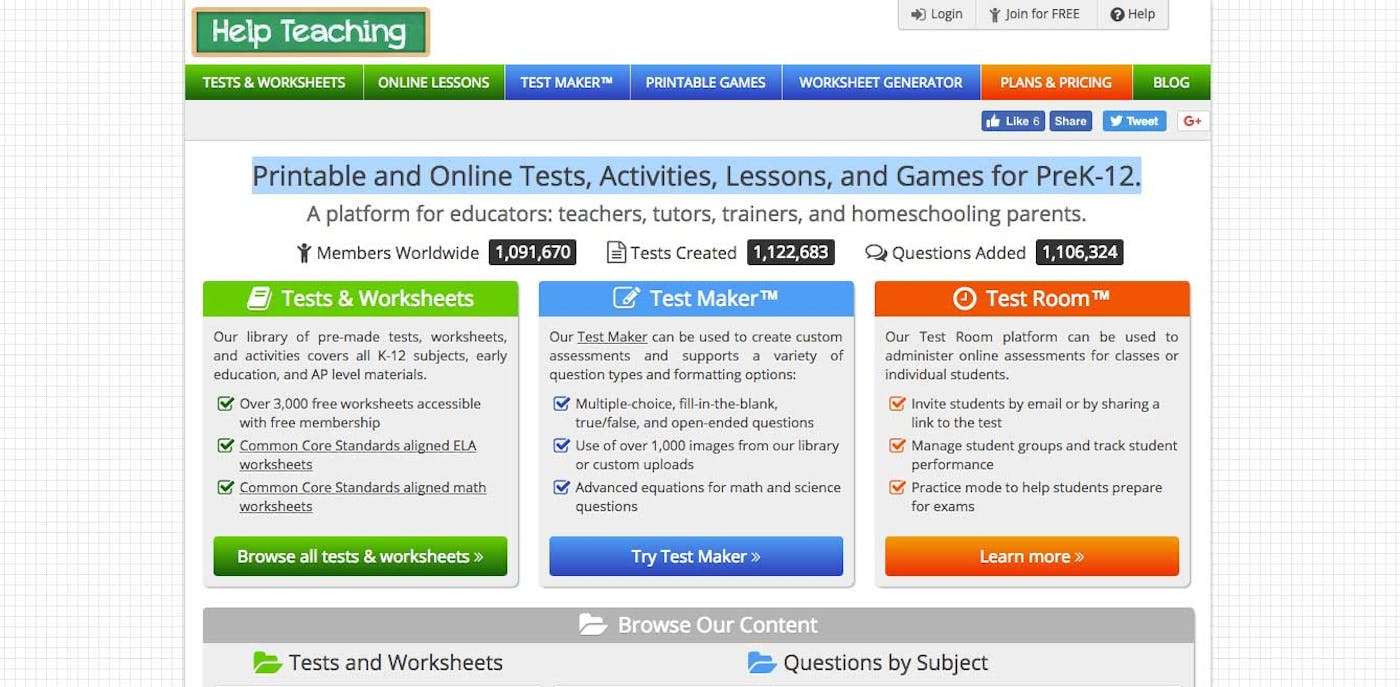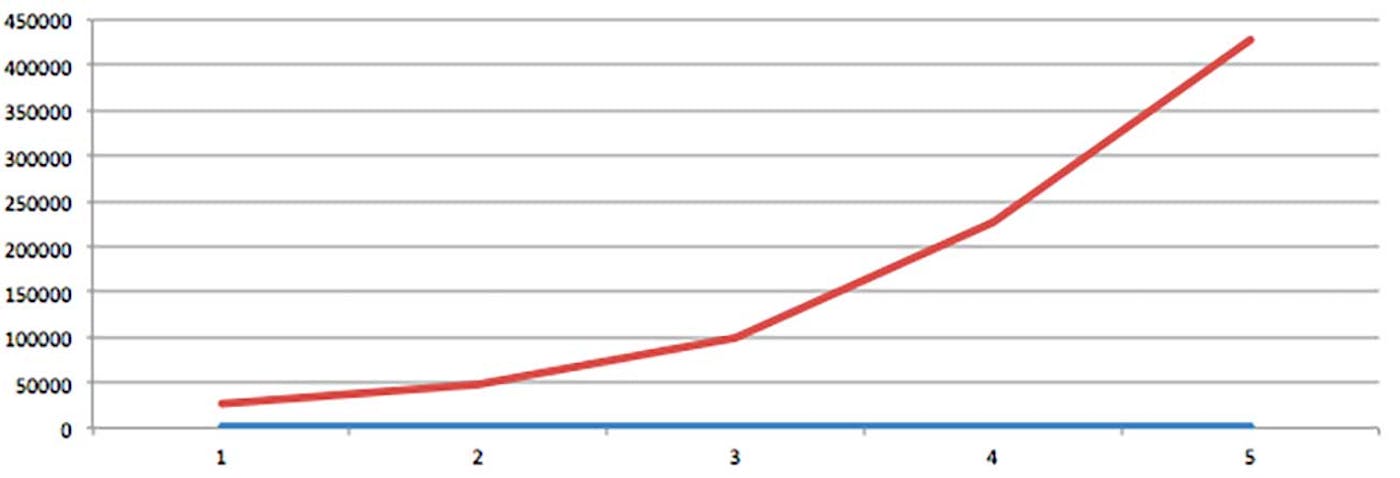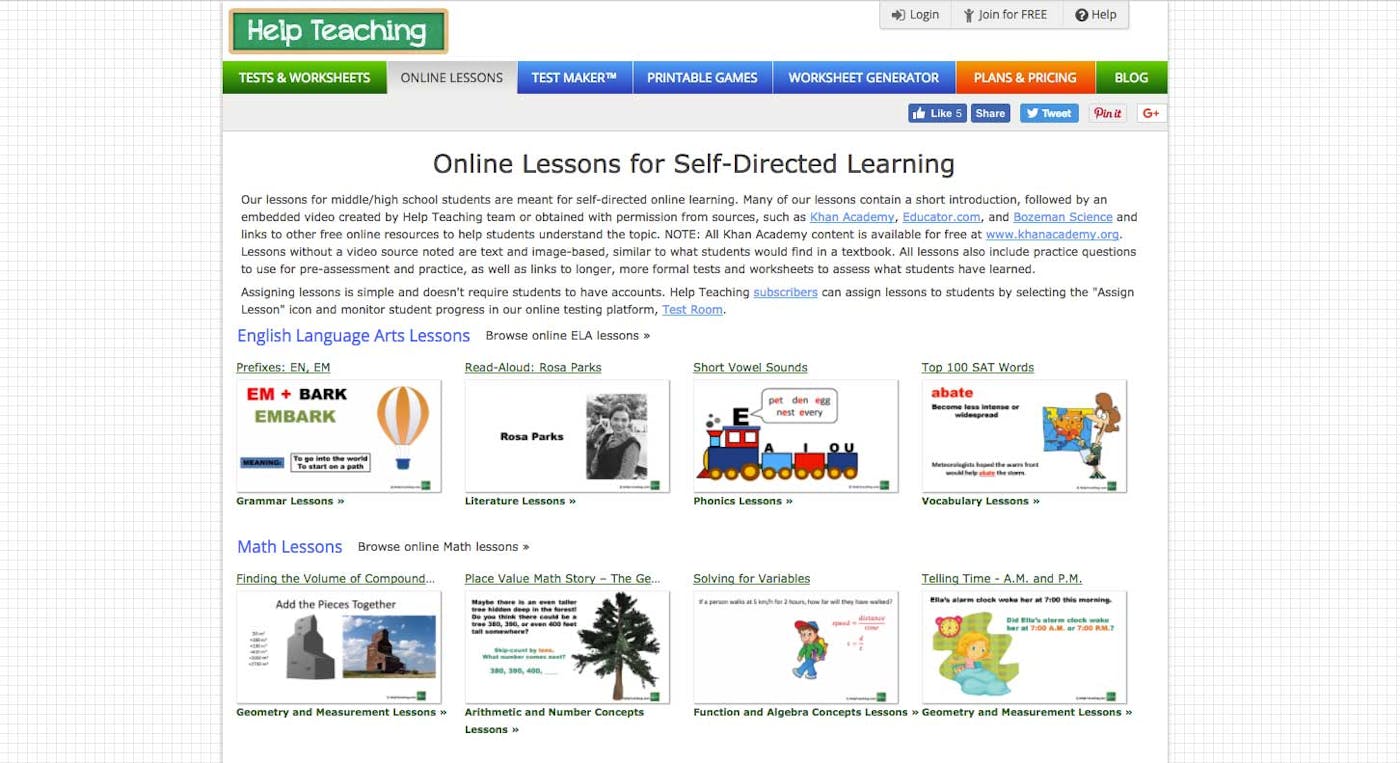Building, Growing, and Selling an Education Technology
Business
Hello! What's your background, and what are you working on?
Hello, I'm Lilia Tovbin. I was a full-time web developer when I started a side project in 2005 that would become HelpTeaching.com. But then I moved into a management position that I would keep for a few years before quitting in 2013 to work exclusively on HelpTeaching.com.
HelpTeaching.com is an ed tech product that offers tools and resources for educators, tutors, and parents. It was making over $300k/year prior to its acquisition by SureSwift Capital (SSC) in 2016. I have been a consultant with SSC since the sale, and it's been a privilege to meet and work with some other founders who consult/advise SSC post exits.

What motivated you to get started with HelpTeaching.com?
My friend and I worked at a startup and often talked about starting a side project together, so when his aunt proposed the original idea I was offered to join the team as a second developer, with my focus being on the front end.
We all got equal shares of the business and financed the early years ourselves.
What went into building the initial product?
The initial product took almost two years to build and was fairly limited in function. It was completely free, and there was no subscription support on the platform until a year or more later. The initial payment was a Google Checkout, followed by a PayPal Express checkout with minimal integration. And in the first year following our launch, we had ads via Google AdSense running on the site that didn't make much money.
We ourselves had to actually seed the platform with some content with a bit of help from our family members. Early growth was very slow, and as we began to lose momentum after five years there was no desire to invest more into the marketing that I was leading. I bought out two of my original co-founders in 2011 and brought in a new technical partner to lead further development of the platform I had big plans for.
How have you attracted users and grown HelpTeaching.com?
With the new partner we made three major decisions that fueled growth:
- We re-branded the platform from a phrase describing the single purpose software (TestDesigner.com) into a more general name that allowed us to grow into a multi-feature portal (HelpTeaching.com).
- We added additional tools and features that complemented the original software.
- We hired content experts to moderate a giant database of unused user-generated content and to create a free content library of popular content to drive organic traffic.
This all represented a major pivot for the product and platform that allowed for further growth that the original product hadn't been positioned for. I was also doing customer service myself post buyout, and we developed the product based on customer requests and surveys.
Some tactics that helped fuel revenue growth were:
- Surveying existing customers to identify new features that would justify a higher subscription price and then executing against that. This also helped lower churn rate from 25% to 10% over two years.
- Offering free content to fuel SEO and to grow our email list to 300k+ subscribers. Sending monthly newsletters with content updates drove some sales, and we were able to sell some sponsorships against this list to diversify revenue streams.
- Investing in quality premium content allowed us to justify a higher subscription price and improved conversions. This also generated interest from some ed tech startups, and we were able to license out our content to pay for further development efforts.
- Increasing prices every year, replacing the free trial with a 30-day money-back guarantee, and removing lower-priced plans helped to reduce confusion between plans and support work.
These strategies allowed our revenue to grow over 100% every year for three years in a row before we sold the business.
Revenue from 2011 through 2015:

I would highly recommend that solo tech founders take a hard look at their software solutions and see if the tools they've built could be more useful with complementary services/features and to survey their customers to guide product development efforts. Also, consider different pricing structures, new acquisition channels, and revenue diversification opportunities.
What are your goals for the future?
One of the reasons my partner and I sold HelpTeaching.com was to start investing more time in another side project: BigMailer.io. We built an in-house email marketing platform that we wanted to package into a standalone product. BigMailer.io was in private beta for over a year and has now been live for a couple months. It's an ambitious product (from a technical architecture point of view) in a very competitive space, so my partner and I have our work cut out for us.
What are the biggest challenges you've faced and obstacles you've overcome?
The initial team of founders never formally defined roles and responsibilities to the business, so eventually it became a point of tension. Co-founder agreements are a must.
I would also never outsource the support function on any early-stage business I own — founders need to do it to understand their product's weaknesses. I think if I had been talking to customers sooner, I would have pivoted the product sooner, but this function doesn't come naturally to developers.
Lastly, the initial team of founders discussed changing the original product name, which we knew was weak, but we just never moved forward with it. I would suggest founders to not hesitate with re-branding because it's really not that big of a deal as long as you can find a good (or at least better) domain name for it. I would suggest searching on NameJet for suitable (soon expiring) domains — you might just find your jewel there.

Have you found anything particularly helpful or advantageous?
I was very far from a subject matter expert (SME) of the business; I was just a developer with some self-learned business skills. This responsibility always fell to one of the original founders.
After the buyout of original founders I had to learn so much about the space, competitors, and customers in order to identify the pivots and expansion opportunities. Unless a product/software is very technical in nature, partnering with an SME who has a good understanding of the industry and space can be of huge value. Without an SME, you have to be prepared and willing to learn a lot yourself.
What's your advice for indie hackers who are just starting out?
- Never go solo, or at least try to bring in a partner once you manage to make some progress (say, build your MVP). You burn out and life events happen, so you need someone to lean on and keep momentum going.
- If you are a developer, consider partnering with an SME. They don't have to be a business guru early on; they need to guide you on your initial product development. You can both grow your business/marketing skills later, or bring in a new partner with skills you are missing. That said, I know of plenty successful businesses with 7-figure exits that were built by solo founders, so it's possible to succeed but harder to accomplish.
- Don't be afraid to interact with your early customers, and don't delegate this function to anyone in the early years.
Where can we go to learn more?
I am new to IH community but look forward to sharing links or info on my experiences, tools, and resources. If anyone wants to learn more about BigMailer.io, email marketing tools, or my experience selling HelpTeaching.com, please post your questions below. Happy to connect on Twitter.
